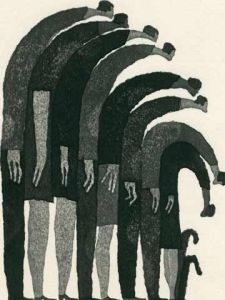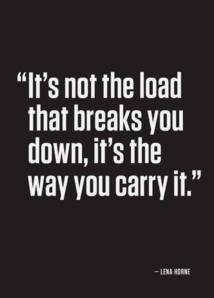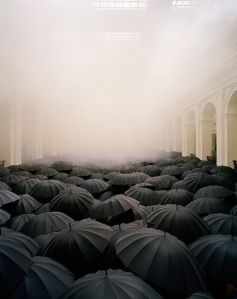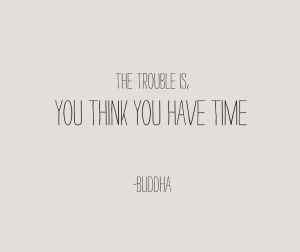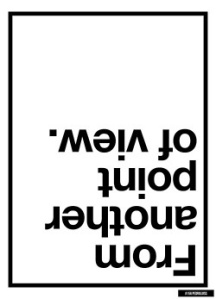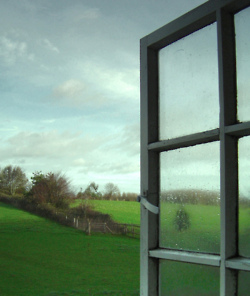
Ah yes, the inevitable tension between being creative and feeding the creativity. As writers we need to be reading often and widely but we also need to be writing regularly and routinely. There are only so many hours in a day. So take Al Pacino’s advice and turn your creativity on your problem. Listen to audiobooks while you’re commuting, doing the housework, jogging, cleaning the car, raking leaves. Not only do you ‘read’ the book but in hearing rather than reading the words, you can tune in to the musicality of the sentence, feel the beats and rhythm of the text, learn what works, what doesn’t. When does your interest start to flag? When have you lost yourself in the story and why? What could you do better? And of course, if you’re like Al, you might also find the odd thing you can steal…..
Posted by Mandy de Waal on November 3, 2014
https://thewhitepagedotorg.wordpress.com/2014/11/03/i-asked-god-for-a-bike/






